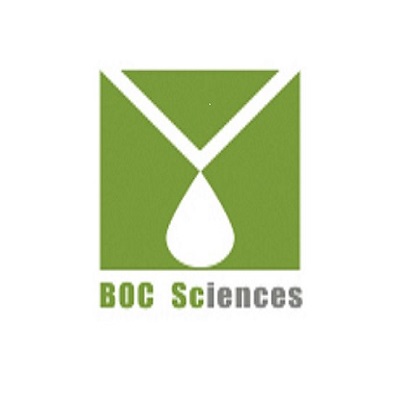Description & Specifications
|
The maturing petroleum-based chemical industry, the pressures of environmental constraints and the explosive development of biotechnology have increased the interest in catalysis in enzymology. Enzymes are now an attractive proposition as catalysts for new classes of reagents and products, especially sugars, chiral synthons, metabolites and food components. Sometimes it is really hard to obtain the desired product from chemistry synthesis, especially when the scheme is very long. The best way to solve the problem is enzyme synthesis, semi-enzyme synthesis or fermentation. Enzymes are the proteins which catalyse reactions in living cells and they have evolved to cope with specific tasks in biosynthetic or metabolic reactions. One of the biggest advantage of using enzyme in organic synthesis is the good selectivity. With enzymes, enantioselectivities of 99%+ e.e. can be achieved when synthesis the chiral compounds. In addition, when catalyzed by enzymes, the reaction are usually performed at mild conditions (dilute aqueous solution at less than 50°C), which makes the synthesis more convenient for users and environmentally friendly. All these advantages have been tailored to meet the needs of a diverse customer base with varying requirements at different stages of R&D and product commercialization. Visit https://www.bocsci.com/biosynthesis-of-chemicals.html for more. |

